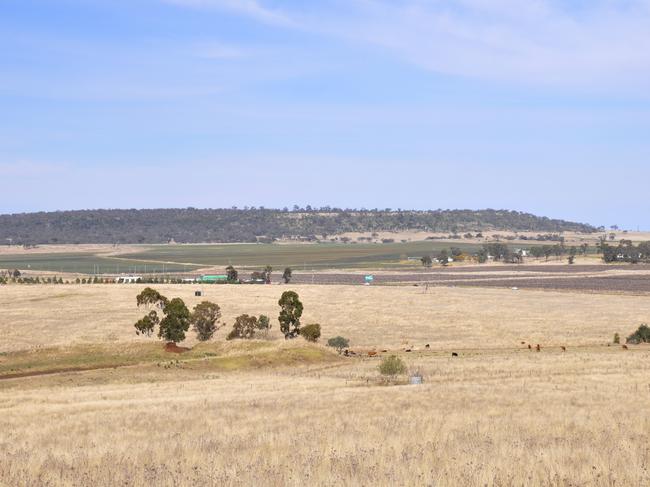Farm loans: Only 10 young farmers receive AgriStarter loans
Record-high land prices are proving a huge barrier for first farm buyers – and a government program aimed at helping them is having limited success.

Just over 10 young farmers have managed to get their hands on a Federal Government loan aimed at helping newcomers get into the property market – and skyrocketing land prices are likely to blame.
First-home buyers in Australia aren’t the only ones with real estate woes, as property experts agree the escalating land prices are proving a key barrier for first farm buyers as well.
The Federal Government promised the new AgriStarter loans program, offering loans up to $2 million to help farmers buy their first farm or to assist in succession planning, as part of the 2019 election campaign.
More than 270 people had registered their interest in the program before it launched.
The Regional Investment Corporation opened the scheme on January 1 this year, with the Government making $75 million available for the loans for the first six months of 2021.
But as of June 30, just over 10 loans had been approved valued at more than $7 million.
The RIC did not provide exact figures to The Weekly Times, but confirmed just over 70 applications had been received; more than half were ineligible, declined or withdrawn.
“The AgriStarter loans have only been available since the beginning of the year so the RIC expects to see more uptake as people are in a position to apply for them,” a RIC spokeswoman said.
Those on the ground, however, say the high land prices and lack of suitable properties is holding people back.
The median price per hectare of farmland jumped 12.9 per cent nationwide last year, coming in the highest in Tasmania at $13,691 per hectare, $8114 in Victoria, and $5855 in NSW.
“The high land prices are making it much much harder,” Rabobank’s Riverina and Northern Victoria regional manager Sally Bull said.
“In the last 12 to 18 months it’s really taken off, I think as a result of the really strong commodity prices and the turnaround in seasonal conditions, and this year is shaping up the same.”
Senior director at LAWD, Danny Thomas, said the issue was not just buying property, but having the capital to actually farm it.
“You don’t just buy the land and abracadabra, you’re a farmer,” he said.
“If you’re buying your first farm, you need the equipment or livestock to stock it. If you don’t have enough equity to borrow for that, then that is a really significant barrier to entry.
“The loans themselves would probably work for people who have a lot of cattle or machinery – if someone’s been in asset build-up mode, they can then roll into a concessional loan to buy their first farm, it makes sense.”
The RIC is currently seeking feedback from new farmers on the challenges they face to buy, establish or develop their farm businesses. The survey is accessible here.


